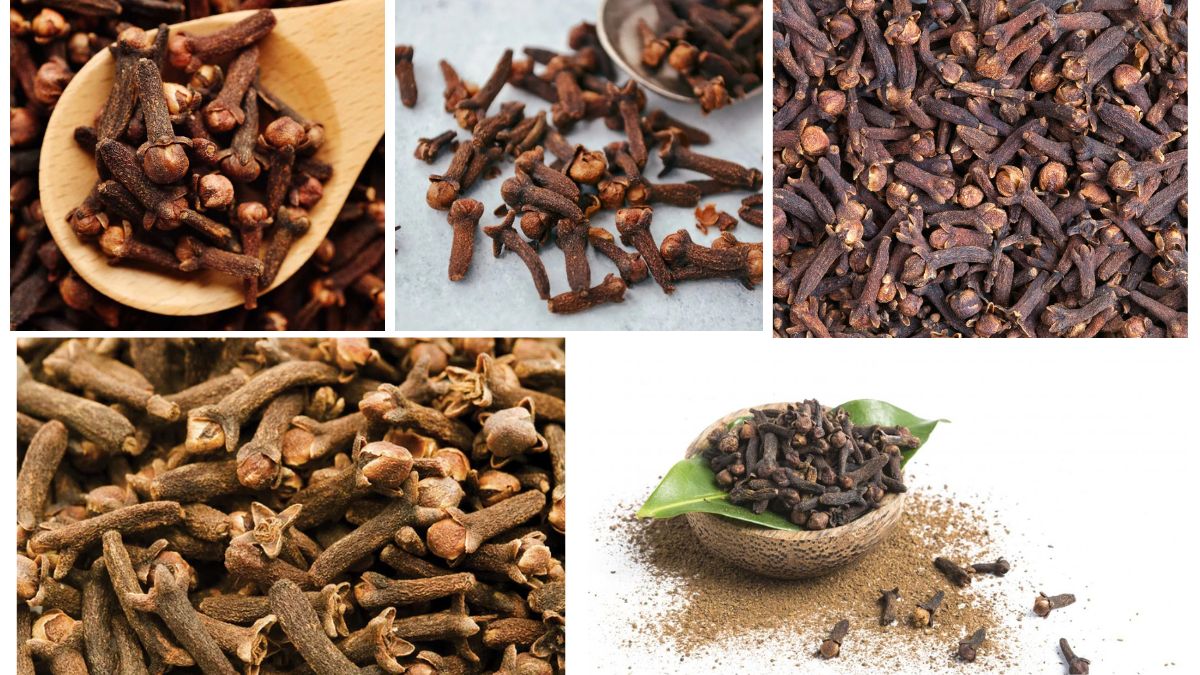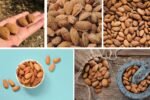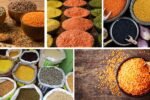Cloves, the aromatic flower buds of the Syzygium aromaticum tree, are an indispensable spice known for their warm, sweet, and slightly bitter flavor. Widely used in culinary traditions across the globe—from Indian curries and Indonesian rendang to mulled wines and festive desserts—cloves also boast significant medicinal and commercial value. Their oil, rich in eugenol, is used in dentistry and pharmaceuticals. But have you ever wondered which country leads the world in producing this powerful little bud? In this article, we explore the global clove industry and unveil the country that stands as the world’s largest clove producer.
A Global Commodity: The Importance of Cloves

Cloves have a rich history that dates back over 2,000 years. Native to the Maluku Islands (also known as the Spice Islands) in Indonesia, cloves were once among the most sought-after spices in international trade. European explorers in the 15th century braved unknown oceans in pursuit of these and other valuable spices, giving cloves an almost mythical status in history.
Today, the demand for cloves remains strong. The spice is used in the food industry, traditional medicine, aromatherapy, perfumery, and even in tobacco products in certain regions. With such diversified uses, global production and trade of cloves have become vital for several economies.
Which Country Is the Largest Clove Producer?
Indonesia holds the title of the largest clove producer in the world, a position it has maintained for decades. The country is not just a producer but also one of the largest consumers of cloves, primarily due to its domestic cigarette industry, which uses cloves in “kretek” cigarettes—an aromatic blend of tobacco and clove.
According to the Food and Agriculture Organization (FAO) and recent global trade data:
- Indonesia produces around 70,000 to 80,000 metric tons of cloves annually.
- This accounts for over 70% of global clove production.
- Clove farming is primarily centered in the provinces of Maluku, North Sulawesi, South Sulawesi, and East Java.
Why Indonesia Dominates Clove Production
Indonesia’s dominance in clove production can be attributed to several factors:
1. Favorable Climate and Geography
Clove trees thrive in warm, humid, and tropical climates—conditions that are abundant across Indonesia’s many islands. The volcanic soil in areas like the Maluku Islands also provides the ideal fertility for clove cultivation.
2. Centuries-Old Cultivation Tradition
Indonesia’s relationship with cloves is deeply rooted in its history. The Maluku Islands are the native home of the clove tree, giving the nation a historic advantage in both expertise and cultural integration of the crop.
3. High Domestic Demand
The local demand for cloves, especially for the production of kretek cigarettes, sustains a strong domestic market. This provides farmers with steady income and incentive to continue cultivating cloves.
4. Government Support and Farmer Knowledge
Indonesia has also invested in research and extension services to support clove farmers, encouraging sustainable farming practices, pest control, and quality management.
Other Major Clove-Producing Countries

While Indonesia leads by a large margin, several other countries contribute significantly to global clove production:
1. Madagascar
Madagascar is the second-largest clove producer in the world. It produces around 10,000 to 15,000 metric tons annually. Cloves are one of the country’s major export products, and the quality of Malagasy cloves is highly regarded in the global market.
2. Tanzania
Tanzania, especially the semi-autonomous region of Zanzibar, has a long-standing history of clove production. Zanzibar is often dubbed “The Spice Island” due to its historical role in the clove trade. The country produces around 8,000 to 10,000 metric tons per year.
3. Sri Lanka
Although smaller in scale, Sri Lanka is a reputable producer and exporter of high-quality cloves. The clove-growing areas are primarily located in the central and southern parts of the island.
4. Comoros, India, and Brazil
These countries contribute modestly to the global supply but are important for their niche production and local consumption.
Economic Impact of Clove Production

Clove production plays a significant role in rural economies, especially in Indonesia, Madagascar, and Tanzania. For thousands of smallholder farmers, cloves are a primary or supplemental source of income.
In Indonesia, for example, over 500,000 farmers are directly involved in clove cultivation. Similarly, in Zanzibar, the clove industry is vital to the island’s economy, providing both employment and export revenues.
The export value of cloves and clove-based products (oil, cigarettes, and culinary ingredients) collectively generates hundreds of millions of dollars annually in foreign exchange for producing countries.
Challenges in Clove Production
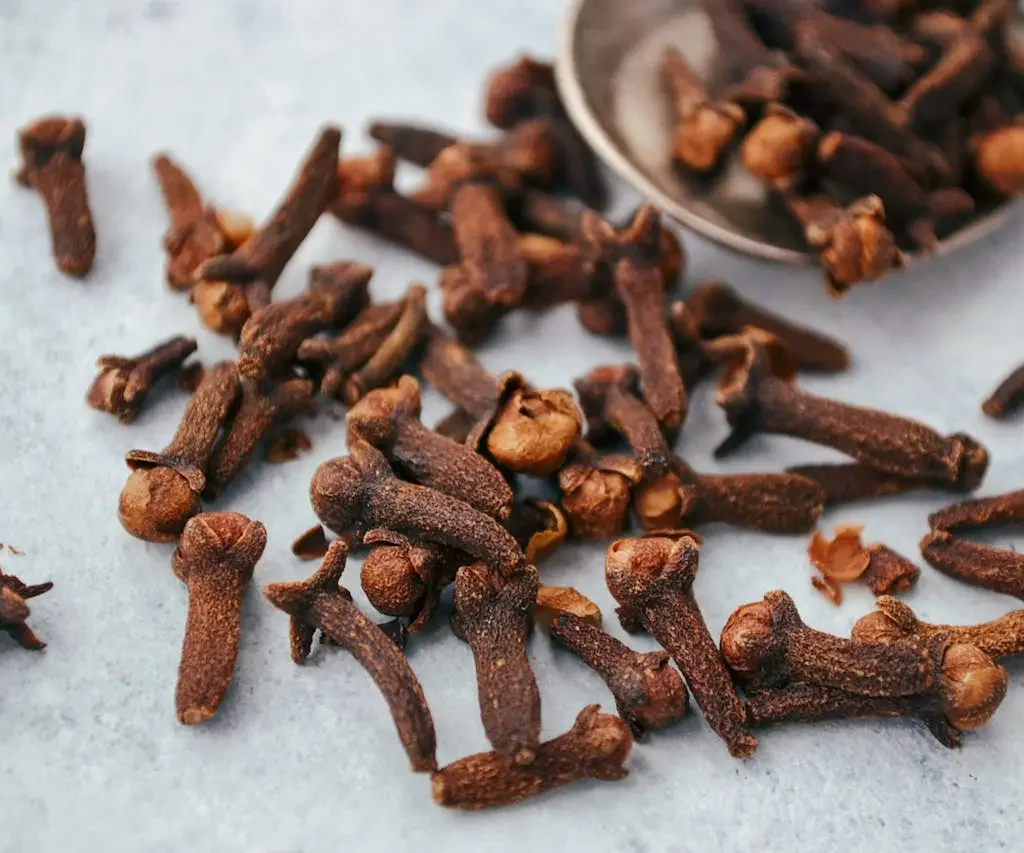
Despite the economic benefits, clove cultivation faces several challenges:
1. Climate Change
Unpredictable weather patterns, increased temperatures, and irregular rainfall can affect clove flowering and fruiting cycles.
2. Pest and Disease Issues
Clove trees are susceptible to diseases like sudden wilt and pests such as longhorn beetles and termites, which can significantly reduce yields.
3. Market Price Volatility
Global clove prices fluctuate due to overproduction, political instability, or changes in demand. This can severely impact farmer income, especially in countries that lack price control or insurance mechanisms.
4. Overdependence on Single Markets
Countries like Indonesia are heavily reliant on their domestic cigarette industry. Any regulation that affects kretek cigarette production could impact clove demand drastically.
The Future of Clove Production
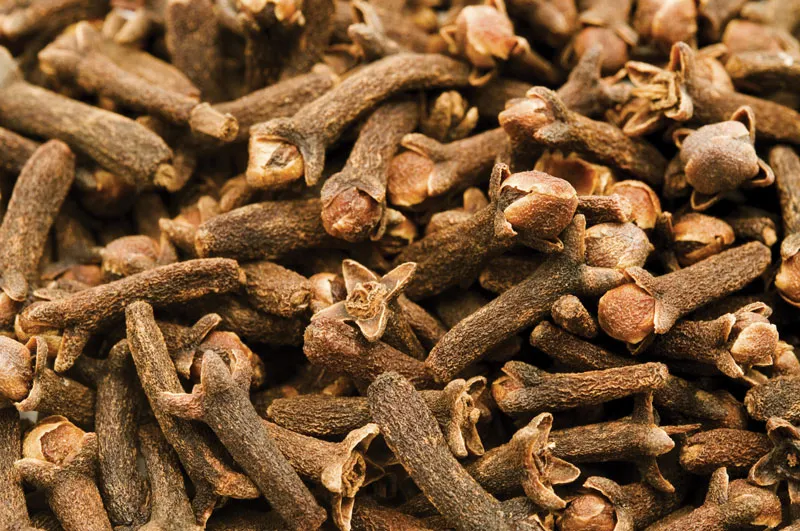
Efforts are being made globally to ensure sustainability in the clove industry:
- Agroforestry models that integrate clove trees with other crops help diversify farmer income and improve soil health.
- Research initiatives are underway to develop disease-resistant clove varieties and better farming practices.
- Export diversification, including promoting clove oil, cosmetics, and medicinal uses, is helping reduce overdependence on single markets.
As the world continues to explore natural remedies, organic foods, and sustainable agricultural practices, the demand for cloves is likely to rise. This spells opportunity for both established and emerging clove producers.
Conclusion
When it comes to clove production, Indonesia stands as the undisputed global leader, thanks to its ideal growing conditions, historical roots, strong domestic demand, and skilled labor force. While countries like Madagascar and Tanzania also contribute significantly, Indonesia’s dominance is rooted in both scale and tradition.
As global markets evolve, so too will the dynamics of clove production. However, Indonesia’s central role seems secure for the foreseeable future, cementing its place as the world’s largest clove producer and a guardian of one of nature’s most powerful spices.
